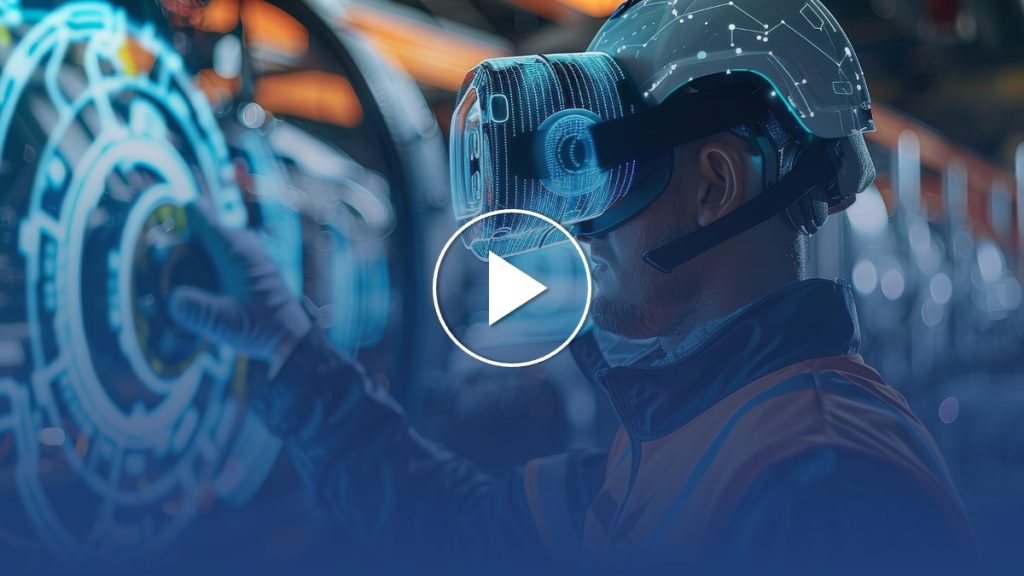The integration of artificial intelligence (AI) and machine learning (ML) is revolutionizing the manufacturing industry. Siemens Digital Industries, explains Brenda Discher, SVP of Business Strategy and Marketing, Digital Industries Software, Siemens, is enhancing its offerings by embedding AI and ML into its solutions, providing tangible benefits for clients. This shift is not just about implementing new technologies but about leveraging existing data and expertise to accelerate time-to-market and improve efficiency.
Harnessing AI for Enhanced Capabilities
Manufacturers today are increasingly looking toward AI to streamline their operations. Siemens has been pioneering this field for decades, and the advancements in AI models and learning techniques are now making significant impacts. AI allows manufacturers to leverage pre-existing models and simulations to perform “what if” scenarios, effectively learning from past experiences and speeding up the problem-solving process. This approach reduces the need for trial and error in engineering, thereby accelerating development and improving time-to-market.
Moreover, AI is enhancing natural language processing capabilities, enabling seamless communication between humans and machines. Whether it’s talking to robots or generating code, AI is making these interactions more intuitive and efficient. The result is a substantial reduction in development time and a boost in productivity.
Building the Industrial Metaverse
The concept of the industrial metaverse is gaining traction, driven by key technological advancements such as cloud computing and high-performance processing. Siemens outlines three foundational technologies for the metaverse:
- Comprehensive Digital Twin: This technology creates detailed digital representations of products, plants, and factories. These digital twins are now accessible to businesses of all sizes, making the metaverse a tangible reality.
- Data and AI Integration: With vast amounts of data available, the challenge lies in harnessing it effectively. AI and data analytics tools enable manufacturers to extract valuable insights, driving smarter decisions and optimizing operations.
- Software-Defined Automation: Traditional automation is evolving with connectivity and data integration. Software-defined automation uses data to enhance operations, enabling systems to learn, adapt, and function autonomously.
These technologies collectively make the industrial metaverse actionable and grounded in real data, enhancing its reliability and applicability in the real world.
Adoption Challenges and Customer-Centric Strategies
Adopting the industrial metaverse poses certain challenges, particularly in terms of cultural adaptation. Engineers accustomed to traditional methods may find immersive, digital environments unfamiliar. However, younger engineers who have grown up with digital technologies and gaming are more likely to adapt quickly. Overcoming these cultural barriers is crucial for the widespread adoption of metaverse technologies.
Siemens is also shifting towards a more customer-centric approach. The company is redesigning its digital experience to cater to the needs and preferences of its clients. By optimizing web content and reducing friction in user interactions, Siemens ensures that customers can easily find the information they need and engage with the company’s products and services effectively. Real-time feedback mechanisms, such as pop-up surveys on web pages, allow Siemens to continuously improve its digital offerings based on customer responses.
Find out more in the interview below.
The interview was recorded by Greg Orloff from IIoT World. This summary was created based on the video transcript with the assistance of https://chat.openai.com. It was edited by the IIoT World team.
